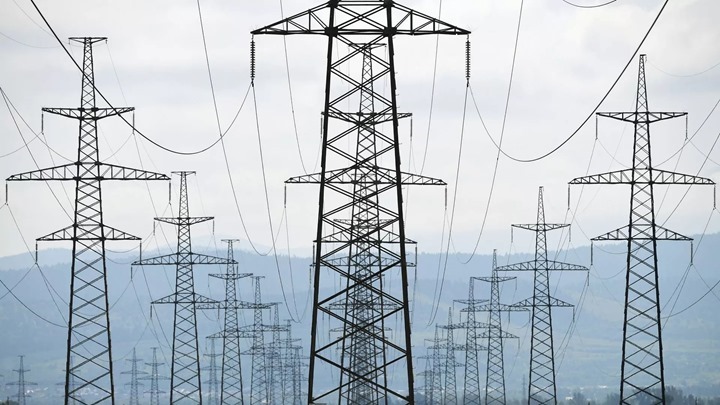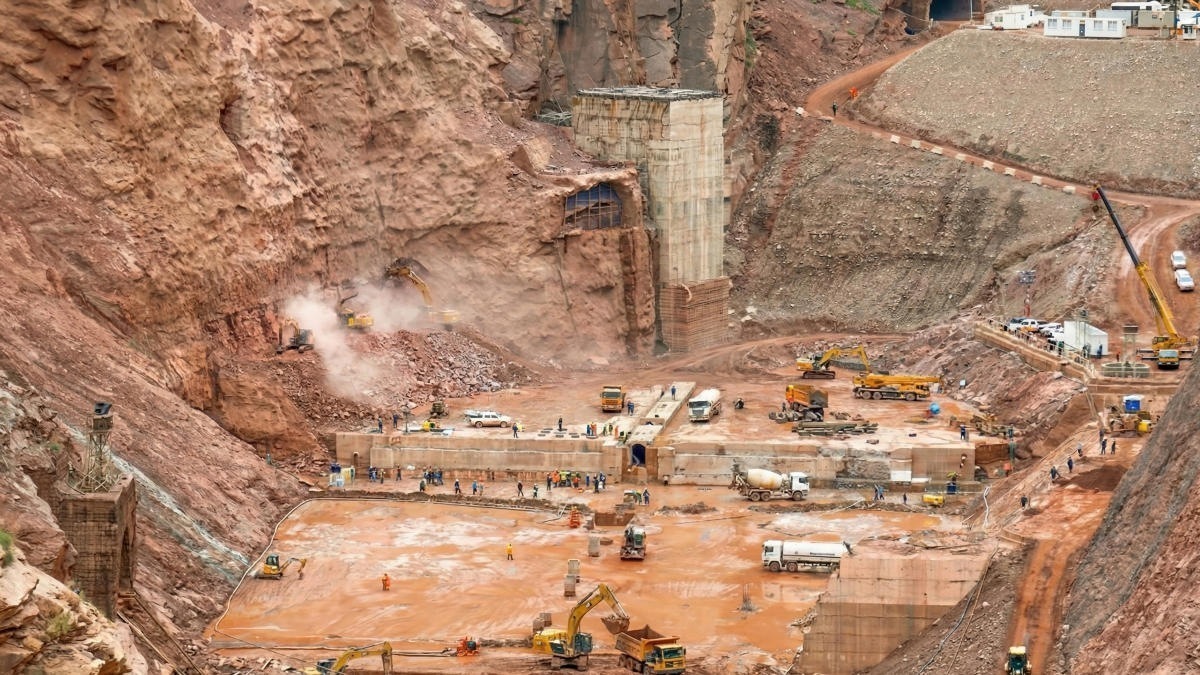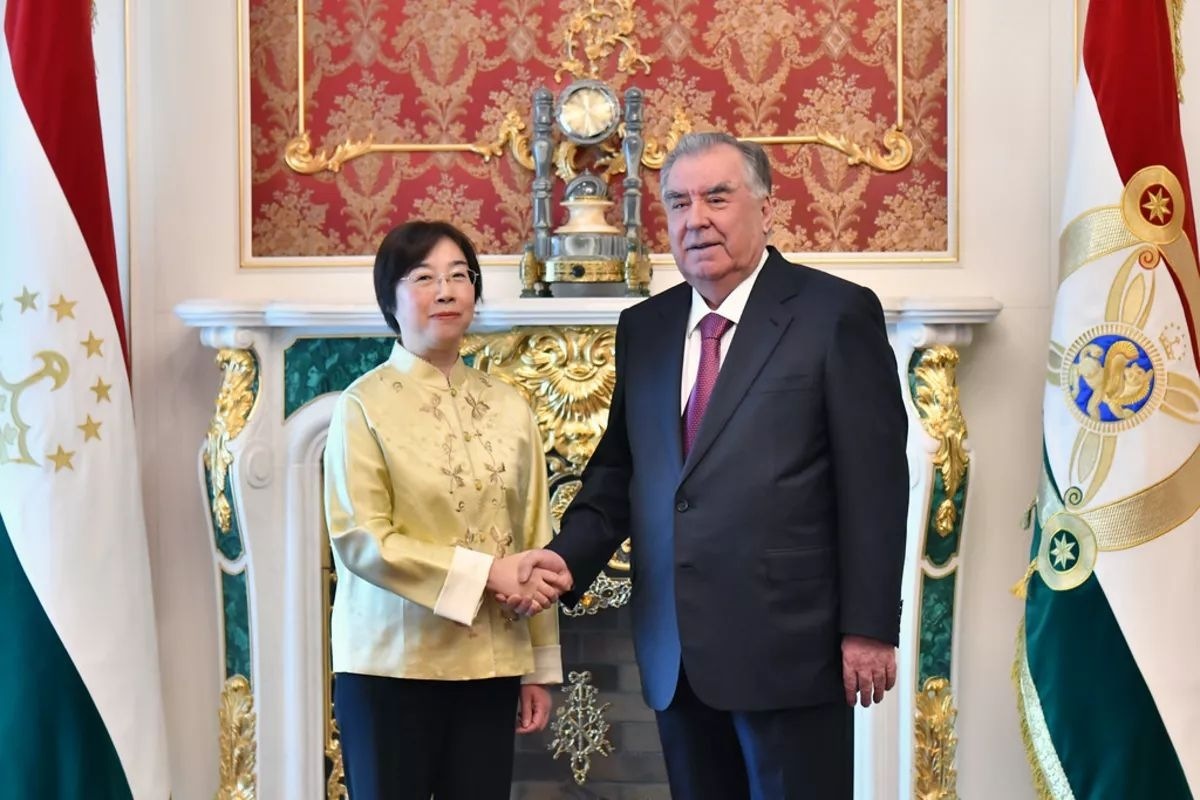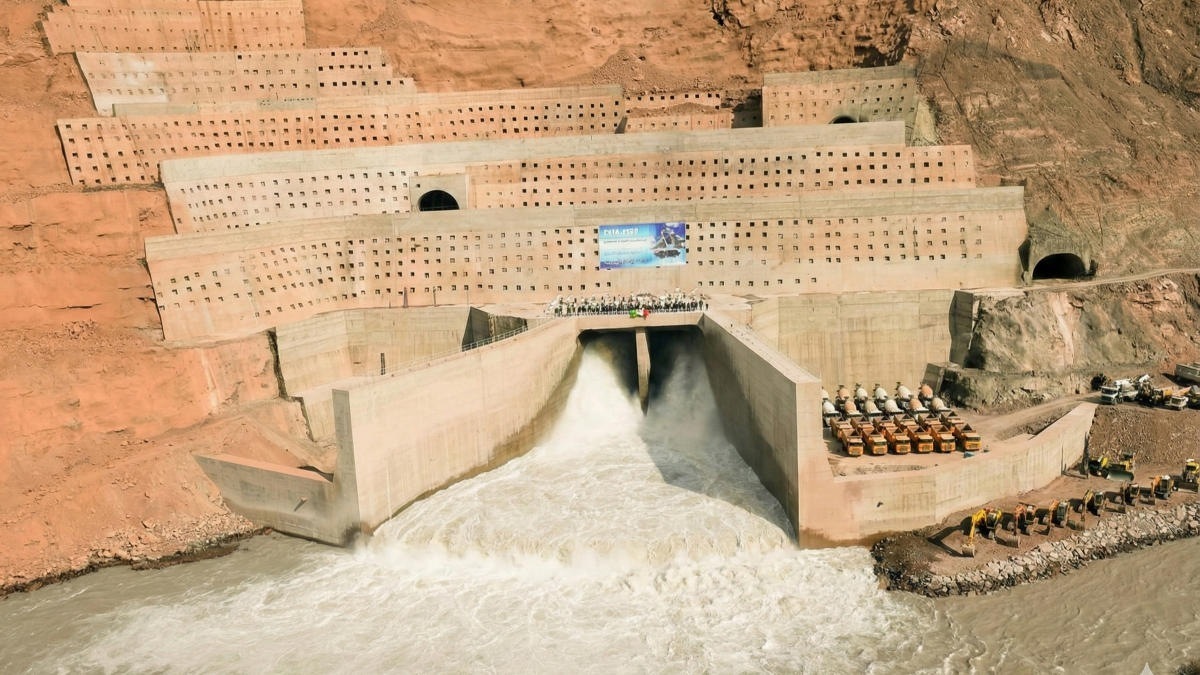Kazakhstan has announced plans to purchase electricity from Tajikistan’s Rogun hydropower plant (HPP), a major facility currently under construction. According to a draft agreement published on Tajikistan’s official legal information portal, the cooperation between the two countries is set to last for 20 years, with an option to extend for an additional 10 years.

The price for the electricity is set at $0.034 per kilowatt-hour (excluding VAT), plus a transit surcharge determined by the seller’s costs. Payments are to be made within 35 days for each supply period. The supply will only occur during scheduled shortages and will be integrated into KEGOC’s national grid. Rogun HPP will handle transportation to the border, while the Settlement and Financial Center for Renewable Energy Support LLP will oversee control on the Kazakh side. Any disputes arising from the agreement will be resolved through the Singapore International Arbitration Center.
Electricity agreements with Kazakhstan and Uzbekistan are a critical component for securing international financing for the Rogun HPP’s construction. Project costs have risen to $6.4 billion, according to recent estimates. To cover these costs, the Tajik government is negotiating semi-concessional loans worth $1.73 billion, $850 million in grants, and $390 million in concessional loans. The remainder will come from the government budget and revenues generated by the plant.
This year, the Tajik government allocated 5 billion somoni (approximately $460 million) for the Rogun project, with 2.8 billion somoni coming from the state budget and 2.2 billion somoni from investment projects. By the end of September 2024, 4.3 billion somoni (about $395 million) had already been spent on construction.
Once completed, Rogun HPP will become the largest hydropower facility in Central Asia, boasting a capacity of 3,600 MW and capable of producing up to 17 billion kWh of electricity annually. This output represents 65–85% of Tajikistan’s total electricity production. The plant will house six units of 600 MW each, with full commissioning expected by 2029. Currently, two units are operating at low capacity, having been commissioned in 2018 and 2019.
The project serves as a landmark achievement for Tajikistan’s energy sector and a key driver of regional energy cooperation, promoting economic stability and resource-sharing throughout Central Asia.
Vagit Ismailov






Leave a Reply